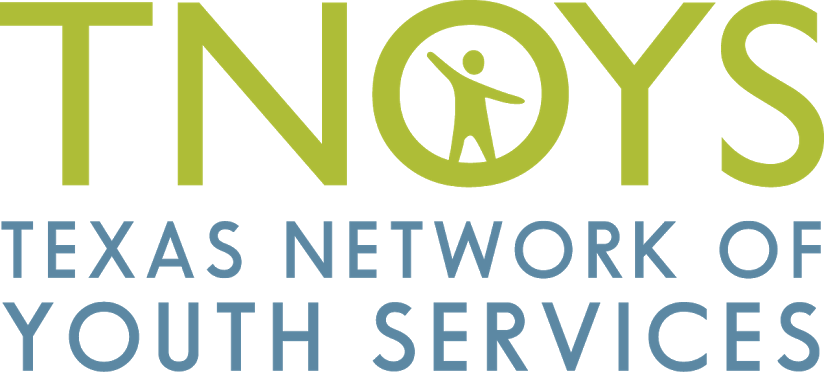$400,000 in funding from the Rebuild Texas Fund will be used to build capacity of school personnel who support students and families facing homelessness due to storm
“Youth homelessness was already a serious problem in Texas before Hurricane Harvey hit and it has now grown significantly in the Gulf Coast area,” said Christine Gendron, executive director of TNOYS. “TNOYS and our partners are grateful to the Rebuild Texas Fund for the opportunity to enhance resources available to homeless youth in their schools, which is often the best setting to identify and intervene in situations of homelessness.”
At the end of 2017, months after Harvey hit, over 22,000 students in the area still faced homelessness. Well into 2018, Houston-area school districts have reported significant increases in homelessness among students. For example, Conroe Independent School District reported in April 2018 that the number of students identified as homeless has nearly doubled in the 2017-2018 school year over the previous year.
A joint report released by TNOYS and Texas Appleseed in December 2017 showed that schools hold significant promise for connecting students experiencing homelessness with services and supports. Federal law requires that public school districts designate homeless liaisons, tasked with identifying and supporting homeless students, but another 2017 TNOYS report found that these liaisons face many challenges and competing demands that often make it difficult for them to fully assist these youth.
Utilizing the new grant award, TNOYS, THEO and THN will tap into their expertise and networks to bring community-based services supports into Gulf Coast schools, giving school personnel the knowledge and resources to connect homeless students and their families with needed support. Working within the schools will provide a connection point to help youth and families rebuild from the devastation that persists after Hurricane Harvey.
About Texas Network of Youth Services (TNOYS)
For more than 30 years, TNOYS has been the leading organization working to enhance services for Texas youth in at-risk situations, and to support the providers who care for them. The organization takes a comprehensive systems change approach to strengthen critical services for youth and families, focusing on policy advocacy, training and program development for providers, and youth voice. To learn more, visit www.tnoys.org.
About the Texas Homeless Education Office (THEO)
The Texas Homeless Education Office has been located at the Charles A. Dana Center at the University of Texas since 1995. THEO is committed to ensuring that all Texas children in homeless situations have the opportunity to enroll in, attend, and succeed in school. In its efforts to accomplish this goal, the office provides a variety of services to school districts, education service centers, students, parents, caregivers, service providers, shelters, state agencies, advocates, higher education institutions, and other interested parties, that includes technical assistance and training to comply with the McKinney-Vento Homeless Education Assistance Act as reauthorized by the Every Student Succeeds Act. To learn more, visit www.theotx.org.
About Texas Homeless Network (THN)
Since 1991, Texas Homeless Network (THN) has been helping communities strategically plan to prevent and end homelessness through education, resources, and advocacy. THN works to end homelessness by collaborating with communities across the state to build systems to achieve this goal. Working together, we will make homelessness rare, brief, and nonrecurring. To learn more, visit www.thn.org.
About the Rebuild Texas Fund
The Rebuild Texas Fund is a collaborative project of the Michael & Susan Dell Foundation and the OneStar Foundation, established to support the rebuilding efforts in communities impacted by Hurricane Harvey. The Rebuild Texas Fund works alongside organizations within the impacted communities that are making an impact in the following six focus areas: community and economic development; health; housing; education and childcare; transportation and workforce; and capital for rebuilding small businesses. The Rebuild Texas Fund will continue to fund projects and organizations within these areas through the end of 2019. Funding through the Rebuild Texas Fund is provided to eligible nonprofit, government, corporate, and philanthropic organizations working on the ground in Texas communities, that have been affected by Hurricane Harvey. More information about the Rebuild Texas Fund is available at www.rebuildtx.org.
###
###
